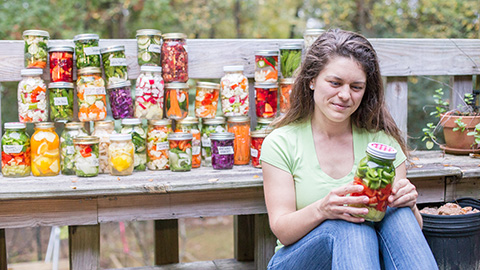Grad students: Get to know your program coordinator
With summer arriving soon, a new group of graduate students is set to start their programs. If that’s you, all the onboarding processes may seem daunting, which leads to the focus of this article — getting to know your program coordinator.
Who are program coordinators? They’re typically staff members within the graduate school who serve as the main points of contact for graduate students in their specific programs. They may also assist program directors with making sure program operations are running smoothly and students are happy and on the right track.

Program coordinators might be called academic service specialists, graduate studies coordinators or something similar depending on the university and program. Typically, they provide advice to potential and current graduate students about interviews and admissions, curriculum, degree requirements, graduate program policies and information, campus services and more.
You probably interacted with your coordinator during the interview process — at least, that was my experience. I worked with the coordinators for each of the grad school programs I interviewed with. I decided to to attend the University of Maryland, Baltimore in part because of how friendly the biochemistry program coordinator was; I felt that her approachability and warmth were a good sign for what my experience in my program might be (and she did make my entire time there easy).
Program coordinators have a hand in most of the cornerstone aspects of grad school — from onboarding to making sure class requirements are met to preparing to defend. So instead of waiting for them to reach out to you or your program cohort with information and advice, I recommend being proactive in your interactions.
This could include introducing yourself in person after you are officially on campus and taking the lead on communication. Coordinator roles vary among schools, but I always reached out to my coordinator before registering for classes to make sure I was signing up for the right courses and series. By staying in regular contact, I was able to ensure that I understood what program requirements were upcoming and how to prepare for key milestones.
Most program coordinators will share relevant information with program cohorts or across the whole program as needed. But, as I’ve written before, everyone’s graduate school path is different. Students in my year hit our milestones at different times. Instead of expecting my coordinator to remember exactly where I was in the grad school timeline, I used regular visits and check ins with her to make sure I was on track. This can be especially helpful if your research lab is primarily associated with a program or department other than the one you’re enrolled in, meaning your mentor might be less familiar with your specific program requirements, as was the case with me.
Your program coordinator may also be the point person for information dissemination across your program. They may send information about seminars, training opportunities, funding and more. Being comfortable asking them questions may help you better prepare to take advantage of these opportunities.
Your program coordinator is a great resource and generally should be your first point of contact with program-related questions. To take advantage of their wealth of knowledge, don’t hesitate to reach out and get to know them.
Enjoy reading ASBMB Today?
Become a member to receive the print edition four times a year and the digital edition monthly.
Learn moreFeatured jobs
from the ASBMB career center
Get the latest from ASBMB Today
Enter your email address, and we’ll send you a weekly email with recent articles, interviews and more.
Latest in Careers
Careers highlights or most popular articles

Cooking up science engagement, a fermentation experiment
By blending hands-on cooking with scientific experimentation, a study from a team at North Carolina State University demonstrates how culinary creation can spark scientific discovery and deepen public engagement with researchers.

Upcoming opportunities
ASBMB's PROLAB award helps graduate students and postdoctoral fellows spend up to six months in U.S. or Canadian labs.

From humble beginnings to unlocking lysosomal secrets
Monther Abu–Remaileh will receive the ASBMB’s 2026 Walter A. Shaw Young Investigator Award in Lipid Research at the ASBMB Annual Meeting, March 7-10 in Washington, D.C.

Chemistry meets biology to thwart parasites
Margaret Phillips will receive the Alice and C. C. Wang Award in Molecular Parasitology at the ASBMB Annual Meeting, March 7-10 in Washington, D.C.

Decoding how bacteria flip host’s molecular switches
Kim Orth will receive the Earl and Thressa Stadtman Distinguished Scientists Award at the ASBMB Annual Meeting, March 7–10, just outside of Washington, D.C.

Defining JNKs: Targets for drug discovery
Roger Davis will receive the Bert and Natalie Vallee Award in Biomedical Science at the ASBMB Annual Meeting, March 7–10, just outside of Washington, D.C.

